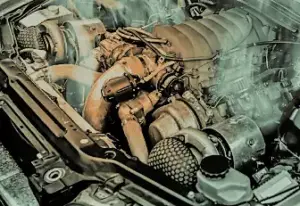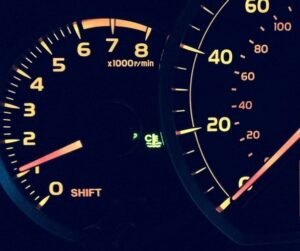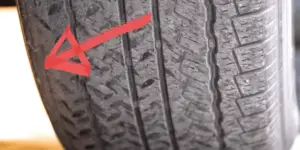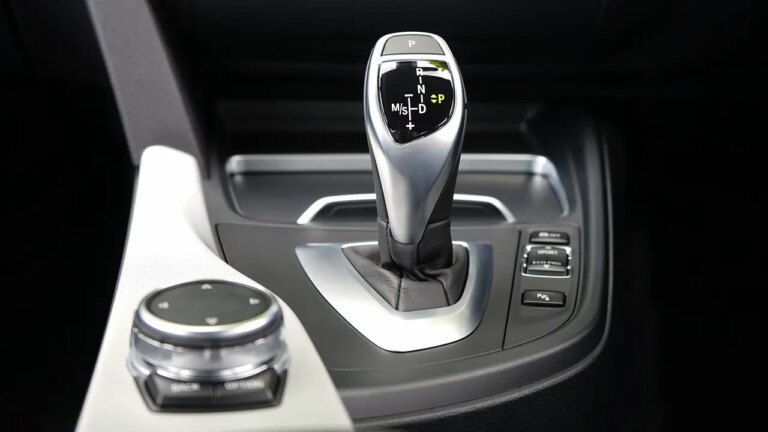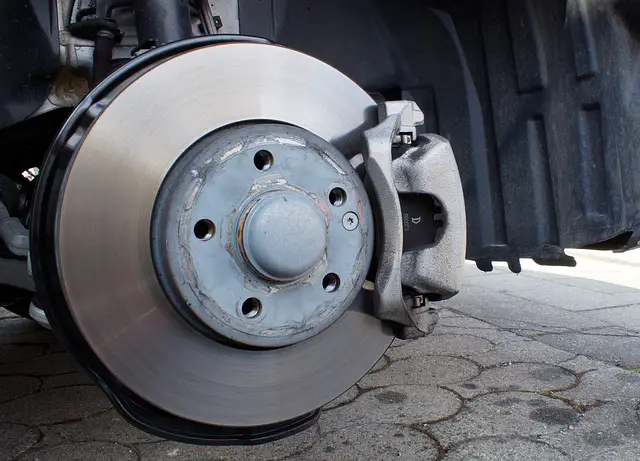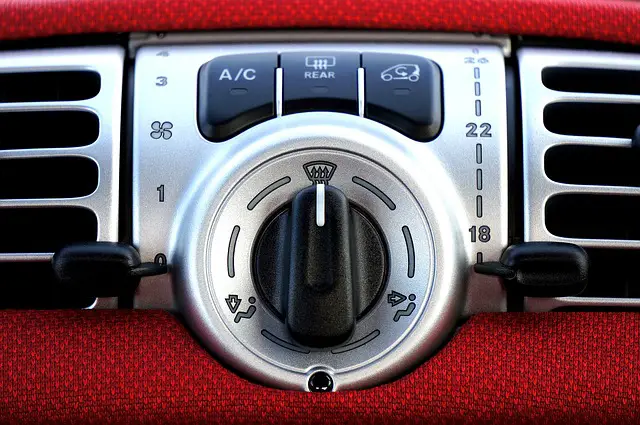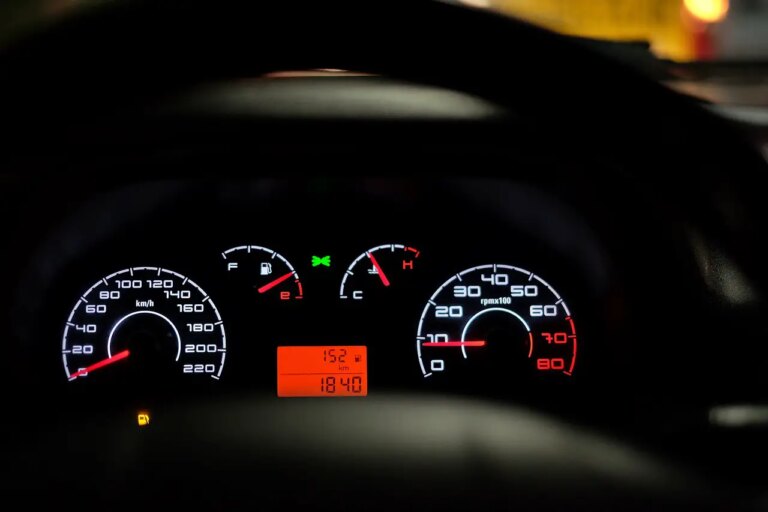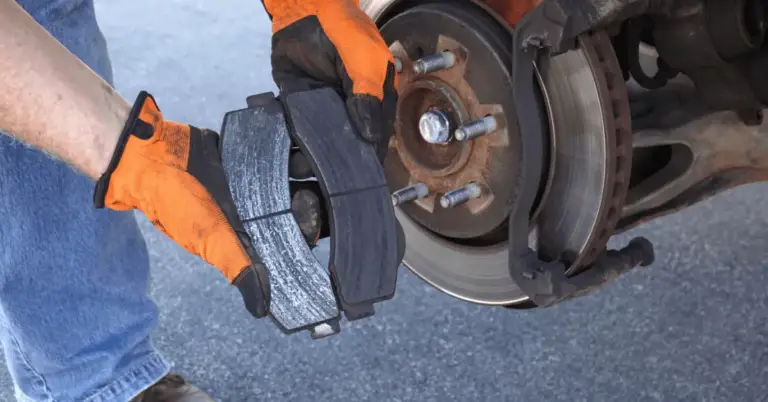Popping noises from the exhaust is something that car owners may occasionally encounter. These small explosions can be alarming, and many drivers worry that it is dangerous too.
Below we’ll examine the five reasons your exhaust is popping and whether each is dangerous or not.
Air Fuel Mixture
A rich fuel-air mixture is one where the air-fuel ratio has too much fuel and not enough air. This can cause the fuel to ignite in the exhaust manifold, creating a popping sound. This is the most common reason I’ve found.
It can also cause poor performance, as the fuel is not properly burned efficiently. You may also notice that the engine is running at higher temperatures due to the excess fuel attempting to be burned off.
A lean fuel-air mixture, on the other hand, is one in which the air-fuel ratio has too much air and insufficient fuel. This can cause the fuel to ignite in the exhaust manifold, causing a lack of power.
You may also notice that the engine is running at lower temperatures due to receiving a lack of fuel.
Both of the above can cause a popping noise, but a rich running engine is more likely than a lean one.
Actually, a faulty oxygen sensor can cause a popping noise in both cases. This sensor monitors the air-fuel ratio and signals the engine when it is too rich or too lean, allowing the ECU to adjust the mixture. When it goes bad, it sends erroneous messages to the ECU, which increases the air or fuel entering the engine when adjusted in reality isn’t needed.
You may experience symptoms such as poor performance, decreased fuel efficiency, or engine temperatures running too high or too low.
A poor air-fuel mixture is not dangerous but won’t improve by itself and will impact the performance and fuel economy until addressed.
Common OBDII codes for a bad oxygen sensor are P0175 which indicates the system is too rich, or P0171, for a too lean mixture.
Bad Timing Belt or Chain
A timing belt is a vital part of a car’s engine, and it synchronizes the crankshaft and camshaft, so they rotate at the same speed.
Over time, the timing belt can become worn, stretched, or cracked, leading to a misalignment. When this happens, the valves in the engine can remain open too long, causing a “popping” noise as the fuel is ignited.
In addition to the popping noise, other symptoms of a worn or damaged timing belt include a rough idle, lack of power, misfiring, and increased fuel consumption.
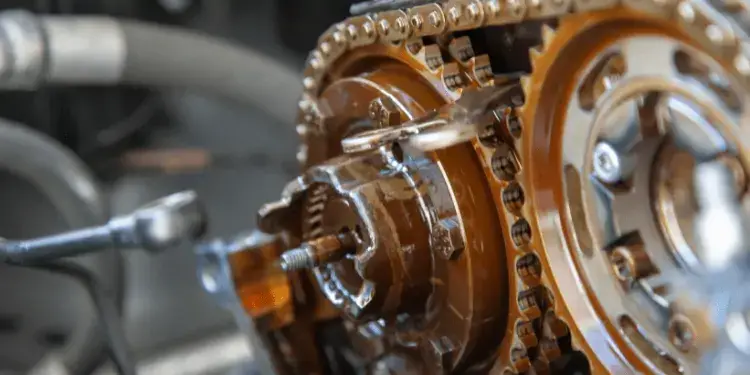
If a bad timing belt is the cause of the popping noise from the exhaust, it is important to get the timing belt replaced as soon as possible.
Failing to do so can result in serious engine damage, as the valves and pistons may collide, resulting in significant engine damage.
Corroded Spark Plugs
A popping noise from the exhaust can be the sign of an old spark plug or two. If a spark plug cannot spark the air-fuel mixture in its cylinder, it will pop.
An engine that is misfiring will have reduced power, poor fuel economy, and stall. The Check Engine light might come on when you have a misfiring spark plug as well.
Often, a misfiring spark plug will accompany a strong smell of gasoline. This is because when the spark plug is unable to ignite the fuel in the combustion chamber, it will be released into the exhaust system and out of the tailpipe.
Excess fuel is not only an indication of a misfiring spark plug but can also be dangerous, as it increases the risk of fire, albeit only slightly, unless large quantities of fuel leave the engine without combustion.
Loose Muffler or Exhaust
A nice, simple, and cheap cause.
This happens when one of the nuts or bolts used to secure the exhaust system to the car’s body becomes loose. This can cause the exhaust to vibrate, resulting in a loud popping noise, especially under heavy acceleration.
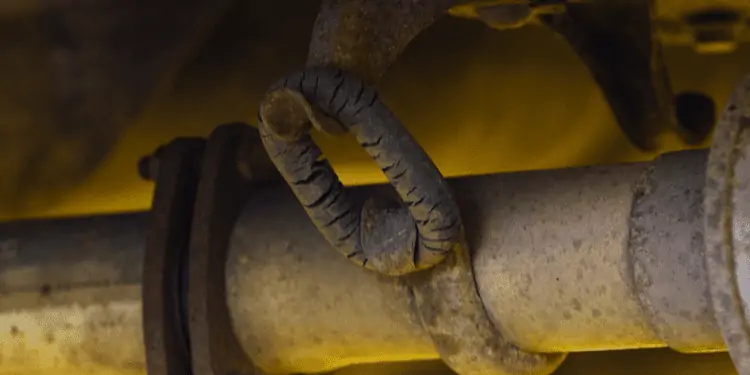
Other symptoms of a loose exhaust or muffler include a decrease in fuel economy, a decrease in engine power, and an increase in exhaust smoke. A loose muffler can cause back pressure in the engine, decreasing overall performance.
Thankfully, fixing a loose exhaust or muffler is not a difficult task and is cheap too. All you need to do is find the loose nut or bolt and tighten it up.
Is it dangerous? If loose parts are not secured properly, exhaust fumes can leak out of the system and through the air vents. This carbon monoxide smell is strong and easily noticeable. You need to get it repaired ASAP, though.
Related: Why Does My Car Smell Like Gasoline? -Should I Be Worried?
Bent Valves
A bent valve in the engine can occur when it comes into contact with the top of the piston. Several things, such as a worn camshaft, a broken valve spring, or a too-tight valve lash, can cause this.
The affected valve bounces, and the valve opens and shuts slightly out of sync leading to a popping or backfiring noise.
Other symptoms of a bent valve in the engine can include a decrease in power, difficulty starting the engine, and reduced fuel efficiency. It can also lead to an increase in engine temperature and an odd smell coming from the exhaust.
Although not dangerous to people, they can be very expensive to fix, especially if left. The piston rods in the affected valve might damage the cylinder head, and you’ll be looking at potentially a complete engine rebuild.
In Conclusion
In conclusion, the five reasons for a car’s exhaust popping and whether each is dangerous or not can be boiled down to an air-fuel mixture, corroded spark plugs, a bad timing belt or chain, a loose muffler or exhaust, and bent valves.
A loose muffler can be dangerous if exhaust gases escape into the cabin. In contrast, although not dangerous, valves and timing belt problems can be expensive to repair, especially if not addressed immediately.


